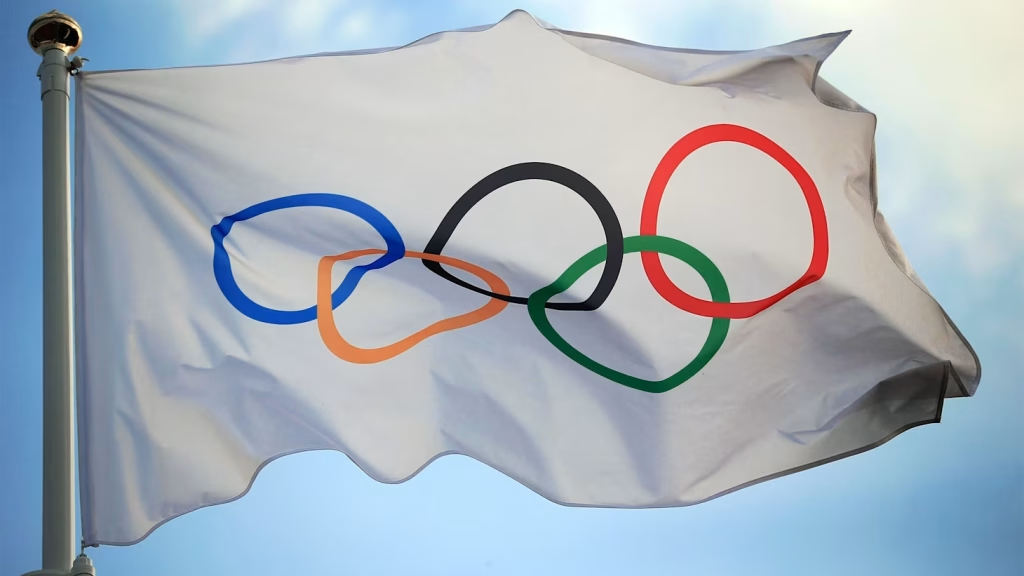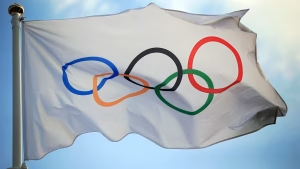IOC, Saudi Arabia End Olympic Esports Games Partnership

Photo from International Olympic Committee
IOC, Saudi Arabia End Olympic Esports Games Partnership
LAUSANNE, Switzerland — The International Olympic Committee (IOC) and the Saudi Olympic and Paralympic Committee (SOPC) have officially ended their 12-year partnership to develop the Olympic Esports Games, marking a major shake-up in the IOC’s plans to enter the competitive gaming scene.
The IOC confirmed that both parties, including the Esports World Cup Foundation (EWCF), mutually agreed to part ways, effectively dissolving an agreement signed just last year in 2024. The inaugural Olympic Esports Games were originally set to debut in Riyadh before the end of the decade.
IOC Eyes a New Direction
Despite the split, the IOC reaffirmed its commitment to the Olympic Esports Games project, stating that the “overwhelming enthusiasm” from Olympic stakeholders and gamers worldwide remains a driving force.
The committee announced it is developing a new partnership model and a revised framework, guided by insights from its internal “Pause and Reflect” review.
“This approach will be a chance to better fit the Olympic Esports Games to the long-term ambitions of the Olympic Movement and to spread the opportunities presented by the Olympic Esports Games more widely, with the objective of having the inaugural Games as soon as possible,” the IOC said
This move follows a series of delays, with the first Olympic Esports Games—initially slated for 2025—already postponed to 2027.
Diverging Visions in Esports
The decision also comes as Saudi Arabia’s EWCF continues to expand its esports influence, recently unveiling the Esports Nations Cup, an international event that mirrors the Olympic Games’ national-team format. The overlap in concepts and long-term goals likely contributed to the collapse of the partnership.
For the global esports community, this development creates both uncertainty and opportunity. While the IOC now needs a new host and operational partner, the independence from Saudi involvement allows for a potentially more globally inclusive event model.






